A virtual private network (VPN) service can help you safeguard your identity, location, and activities online. When looking for a VPN you’ll want to consider your options carefully. For instance, a VPN should keep your internet usage private and secure but not at the expense of too speed. If anonymity is a concern, you should look for a VPN with clear and transparent data collection policies. The number of available servers and country locations a VPN offers is also important if you are trying to get around region locks. And finally, extra perks aren’t necessary but could sweeten the deal.
Our in-depth VPN reviews cover all these issues and more, so you can choose the best VPN service for your needs. Whether your primary concern is anonymity, streaming your favorite shows from another country, speeds, or price, we’ve got picks for each category. Below that you can find information about how we test and what to look for when choosing a VPN.
Granted, not everyone wants a full-fledged VPN service—although it should be a priority if online privacy is important to you. You might just want a VPN for occasional use—when you’re using public Wi-Fi, for instance. If so, check out our roundups of best free VPNs for Chrome and best free VPNs for Windows for our recommendations, and caveats about a free VPN’s limitations.
Best VPN services
1. ExpressVPN – Best VPN overall

Pros
- Consistently good speeds
- Easy-to-use desktop program
- Broad device support
Cons
- Logs data transfer amounts
- More expensive than many competitors
It’s hard to select the best overall VPN. Some services are weaker on privacy, but are significantly easier to use with tons of features, while others could stand an interface redesign.
For many years we chose the best VPN based purely on privacy, but that is no longer the sole concern of most people when choosing a VPN. Privacy is important, to be sure, but so are performance, extra features, a wide country selection, and ease of use. ExpressVPN has it all, making it our top choice for VPNs. ExpressVPN is one of the fastest VPNs we’ve tested, and it has a very easy-to-use app. Its servers are all diskless, running everything in RAM—a welcome practice that’s become fairly standard these days. ExpressVPN also has wide device support, as well as a smart DNS feature for set-top boxes, consoles, and more.
It’s not the cheapest VPN out there, but you do get solid value for the price, and the service is regularly bringing in third-party auditors to bolster its privacy credentials.
Read our full ExpressVPN review
2. NordVPN – Best VPN for features
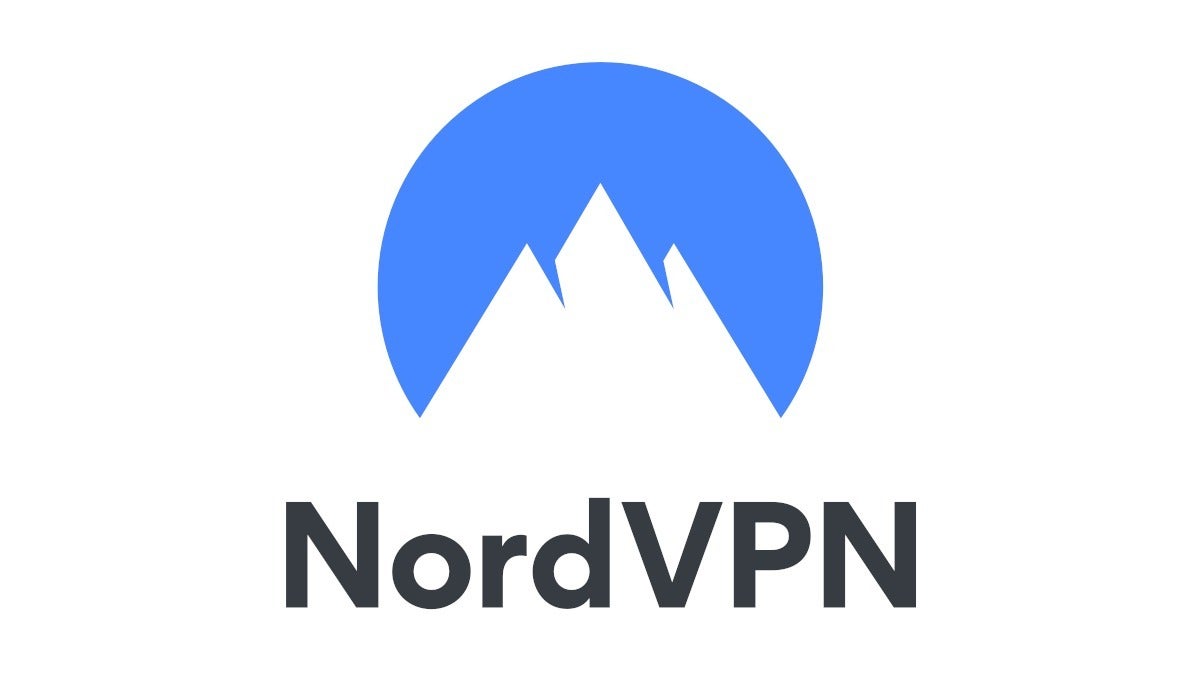
Pros
- Excellent speeds
- Enough features to appeal to power users and novices
- No-logs policy
- Diskless servers
If you like ExpressVPN’s speeds and features, but want something a little different, NordVPN is also an excellent choice. Nord is arguably more feature-filled than ExpressVPN, and the service is just one part of a larger suite of privacy and security focused products. The desktop app is very easy to use, and offers a lot of different features including access to the TOR network over VPN, multi-hop VPNs, and ad-tracker and malware blocking.
NordVPN has gone a long way to bolster user trust. After years of not being transparent, the company is now upfront about who’s running the show, it also undergoes third-party audits, carries out vendor assessments, and uses diskless servers.
Read our full NordVPN review
3. Mullvad – Best VPN for privacy

Pros
- Good speeds
- Higher level of anonymity possible than with most VPN services
- Windows desktop is easy to use
Cons
- Not guaranteed to work with Netflix
- Lacks the extra services that some VPNs offer
- No password protection for your account
As Hotspot Shield is to speeds, so Mullvad is to privacy and anonymity. We’ve never seen another VPN that actively resists knowing who you are the way Mullvad does. Mullvad doesn’t ask for your email address, name, or anything else. Instead it assigns a random account number that acts as your identifier and login. Mullvad accepts payments using standard methods such as credit cards and PayPal, but you can also mail your payment in cash to remain as private as possible. Mullvad has a no-logging policy and doesn’t collect any identifying metadata from your usage.
Mullvad is also fast, ranking within our top five for speeds. Though oddly we did find that on Windows, Mullvad’s OpenVPN configuration was actually faster than its Wireguard implementation.
Read our full Mullvad review
4. IVPN – Best VPN for privacy runner-up
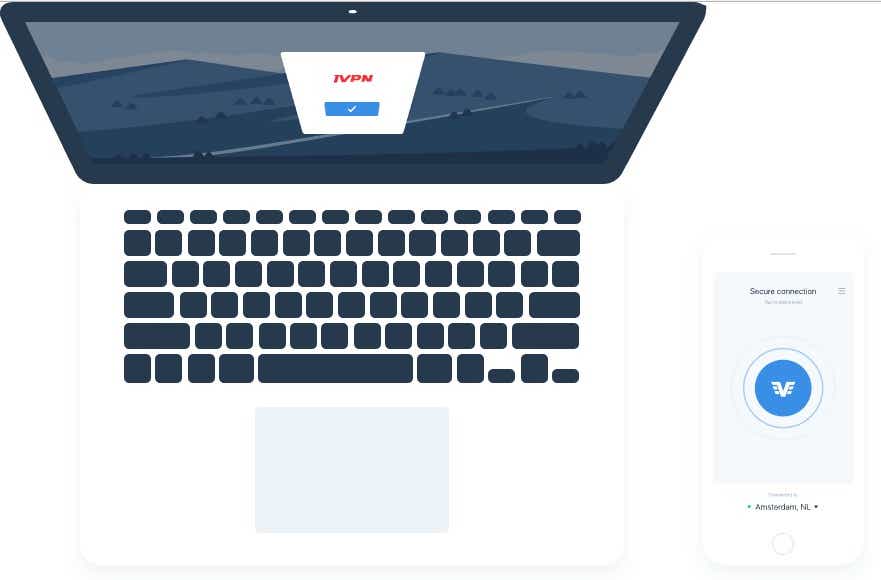
Pros
- Excellent speeds for its U.S., UK and European servers
- Interface is easy to understand
- Default WireGuard protocol connects quickly
Cons
- It’s on the expensive side at $100 per year
- Server network is under 100 servers
Coming in behind Mullvad is IVPN. This Gibraltar-based VPN recently moved to dumping email-based identifiers and going with randomly assigned account numbers instead. Similar to Mullvad, it accepts a variety of payment options for privacy including cash, as well as the standard credit cards, PayPal, and other options like Bitcoin and Monero. IVPN doesn’t rank as one of our fastest VPNs, but it does have acceptable speeds for most casual uses.
Another option is OVPN. This VPN doesn’t go to the levels that Mullvad and IVPN do, but it does only require a username and password to create an account. OVPN doesn’t require an email address, though you can add one as a backstop for account recovery should you forget your password. OVPN doesn’t rank in our top 10 for speeds, but it’s just outside the top performers at number 12.
Read our full IVPN review
5. Hotspot Shield – Fastest VPN
![]()
Pros
- Very fast
- Large country selection and plenty of servers
Cons
- Domain visits are recorded, though not tied to you
- Expensive
While our pick for best overall VPN, ExpressVPN, boasts above-average speeds, Hotspot Shield is on another level. No other service comes close to hitting the speeds we’ve seen with this service. This isn’t just a one-off occurrence either; Hotspot Shield has consistently been at the top with speeds that are 12 to 15 percentage points above the competition. In our tests, Hotspot Shield maintained around 67 percent of the base speed. That’s substantially faster than you’ll see with most VPN services—though your experience may vary.
On the downside, Hotspot Shield doesn’t allow for a way to pay anonymously and its privacy policy may not sit well with some.
Still, Hotspot Shield has excellent speeds, it’s desktop application is very nice, and as a bonus it works with U.S. Netflix.
Read our full Hotspot Shield review
6. AirVPN – Best VPN for torrents

Pros
- Excellent speeds
- Detailed real-time information about the network
- Good pricing with many subscription o ptions
Cons
- Team is largely anonymous
Torrents get a bad rap, and if we’re honest, that’s for good reason. Using torrents is the number one way to download pirated material including movies, TV shows, music, and games. But that’s not all there is to torrenting. It’s a very efficient way to download legitimate software such as Linux distributions and authorized content from sites such as BitTorrent Now.
Whatever your reasons, when it comes to torrenting, a VPN makes it easier—especially if the network you’re on blocks torrenting. There are many VPNs among our top picks that could be used for downloading torrents, but our preferred choice is AirVPN. This no-frills VPN has a reasonable number of servers and country locations, really good speeds, excellent network transparency, and a focus on user protection. The price is also right at about $58 a year.
Read our full AirVPN review
7. AVG Secure – Best VPN for novices
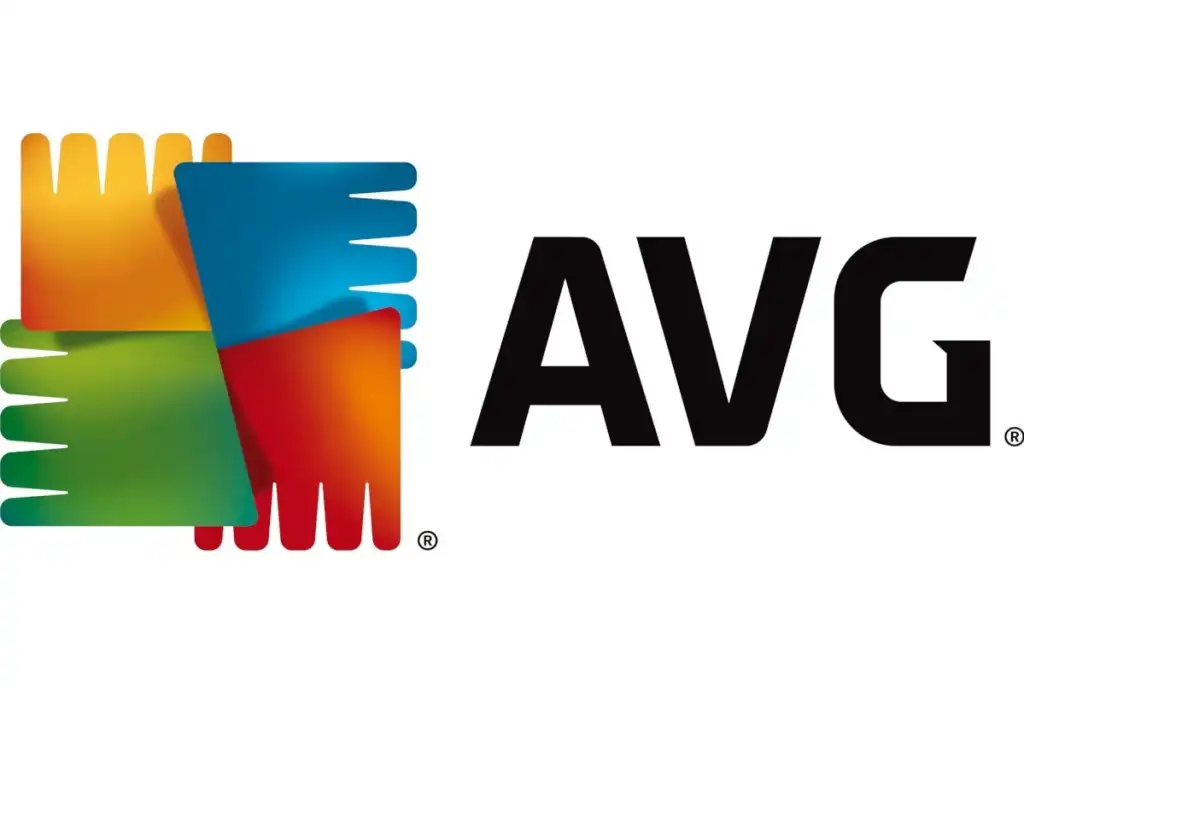
Pros
- Good speeds
- Allows an excellent 10 simultaneous connections
Cons
- Does log some data
- No real customizability for power users
If you want something that’s all about ease of use then AVG Secure is a good choice. First, it comes from a known and trusted security company, so there are fewer worries about data security than with one of the independent services. The key thing with AVG Secure is that the interface is easy to understand and use. It has a big “Change location” button to help you select the country you’d like to appear to be in. The app also tells you what your current IP address is and how long you’ve been connected to the VPN. That’s pretty much it. This VPN also works with streaming services and it has P2P servers. One thing it doesn’t have is a lot of extra features, which is actually perfect for anyone looking for a no-frills VPN.
Read our full AVG Secure review
8. Private Internet Access – Best budget VPN
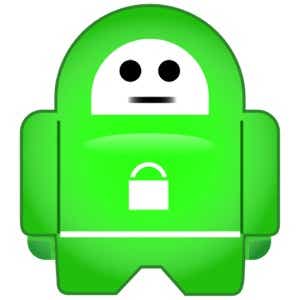
Pros
- Good number of extra features such as multi-hop and split tunneling
- Diskless servers
- Allows for up to 10 simultaneous connections
Cons
- App panel locked to lower-right corner of screen
- New ownership may give some users pause
Choosing the best VPN for you can often come down to price. When that’s the case it’s hard to beat Private Internet Access. It’s got very good speeds and an everyday price of just $40 for a full year. It really is hard to beat for that simple reason. This no-frills VPN offers a good server and country count. Plus, advanced users can adjust their level of data encryption, data authentication, and handshake protocols.
Read our full Private Internet Access review
9. PersonalVPN – Best U.S.-based VPN
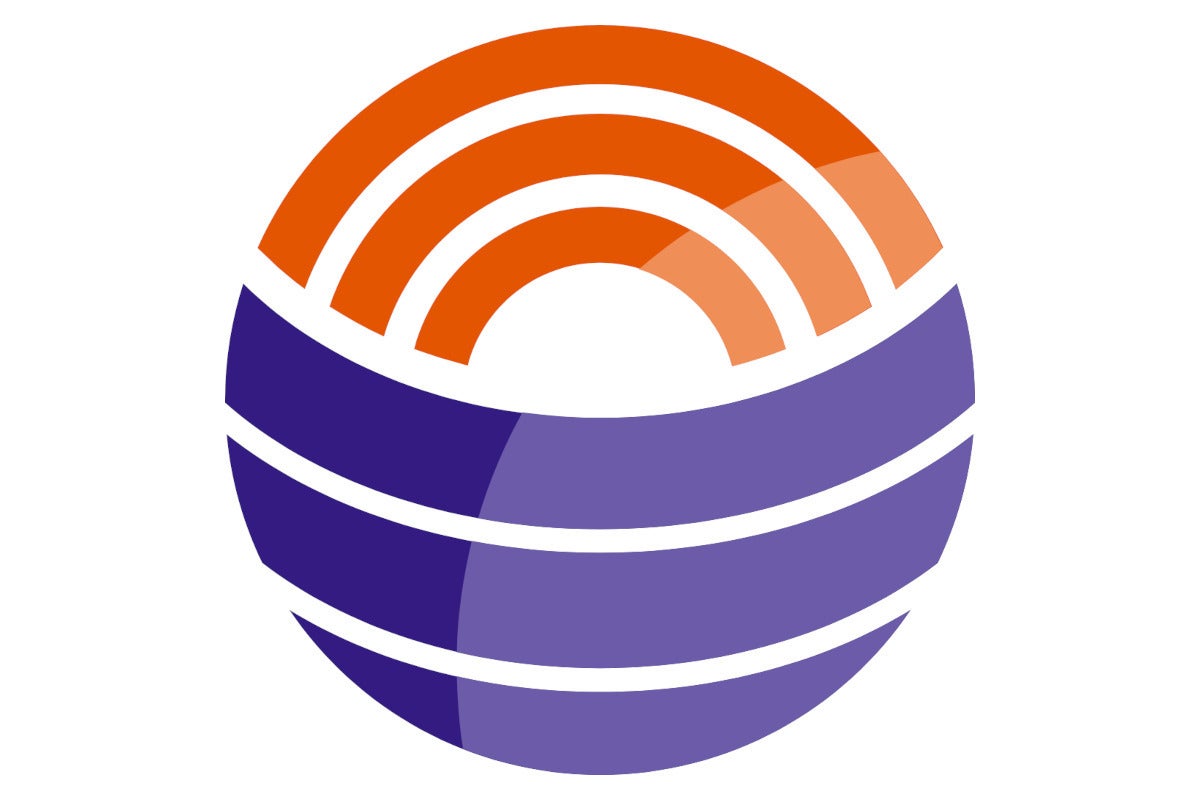
Pros
- Reasonably priced
- Fast servers in many locations around the world
- Good for power users and novices
Cons
- Not a lot of extra or specialized features
- Tiered pricing has odd choices for premium features
If you want a VPN based in the good ol’ USA, we recommend WiTopia’s PersonalVPN. The speeds are good, the price is right, and the app is very easy to use. It’s true that a lot of VPN review sites stress the importance of having a VPN that’s outside of the so-called Five Eyes countries, which includes the U.S.—some will even say to avoid the Fourteen Eyes. The idea being that if you use a U.S.-based VPN your activities may end up being secretly monitored by Western authorities. Snowden revealed such truths back in 2013. But if you’re using a VPN to access your accounts for Gmail, Facebook, Twitter, Instagram, or any other U.S.-based service, then staying outside the Fourteen Eyes is more or less pointless. Sure, that VPN with an exotic locale may be able to easily ignore U.S. subpoenas for data, but the American online services you use are another story. Besides if an American VPN does you wrong, it’ll be a lot easier to hold it to account than one based in Singapore, or even Sweden.
What is a VPN?
VPNs create a secure tunnel between your PC and the internet. You connect to a VPN server, which can be located in the United States or a foreign country—say, France or Japan. Your web traffic then goes through that server to make it appear as though you’re browsing from that server’s location, and not from your actual location.
When you’re using a VPN, it’s difficult for others to snoop on your web-browsing activity. Only you, the VPN service, and the website you’re visiting will know what you’re up to.
A VPN can be a great response to a variety of concerns, such as online privacy, anonymity, greater security on public Wi-Fi, and, of course, spoofing locations.
While a VPN can aid privacy and anonymity, I wouldn’t recommend fomenting the next great political revolution by relying solely on a VPN. To become an internet phantom (or as close as you can realistically get to one), it takes a lot more than a $5 monthly subscription to a VPN.
Beyond that, a VPN is an excellent choice for staying secure while using Wi-Fi at the airport or your local café. Hackers sitting on public Wi-Fi can try to hack your PC, but a VPN makes that task much harder.
Finally, you may want a VPN to spoof your location to download content you shouldn’t have access to, but this too has limits. A VPN used to be the go-to solution to watch U.S. Netflix overseas. That changed in 2016 when Netflix opened up to almost every country on Earth. Since then, the company has invested a lot in detecting and blocking VPN users. Even people using a VPN inside their own country will be blocked by Netflix if detected.
There are VPNs that can fool Netflix, but they are rare and there are no guarantees these services will outsmart Netflix forever.
Beyond Netflix, a VPN can help to download an Android app that is only available on a foreign version of Google Play, or stream content from regionally restricted services such as the UK-bound BBC iPlayer or Disney Plus.
One final note of caution: Do not rely on your VPN to protect banking information on an open Wi-Fi connection. Whenever possible, leave online financial dealings for home over a hard-wired connection.
What to look for in a VPN
Before anything else, understand that if you want to use a VPN you should be paying for it. Free VPNs typicall sell your browsing data in aggregated form to researchers and marketers, or give you a paltry amount of data transfer every month. Either way, a basic rule of thumb is that a free VPN will not protect your privacy in any meaningful way.
The next thing to consider is a VPN’s logging policies. In other words, what kind of data is a service collecting about you and your VPN activity, and how long is that data saved?
Privacy is the basic principle of a VPN, and what good is it to avoid passive government surveillance only to have a VPN provider record all your website visits?
Ideally, a VPN will say it only keeps logs for the briefest of periods. Some providers, for example, only log activity in RAM during a session or automatically send all records to oblivion once they’re created. Other providers may keep records for a few hours, days, weeks, or even months.
VPN policies also vary when it comes to personal information. Some VPNs want to know very little about you, preferring users sign on with a pseudonym and pay with Bitcoin. That’s a little exotic for most people, which is why many services also accept PayPal.
Paying this way isn’t ideal for privacy, but it means the VPN doesn’t have your payment information on record—though it would be available from PayPal.
After the logging policies, you want to know how many servers the VPN offers and how many country connections it has. The number of servers provides an idea of how much load a VPN can take before slowing to a crawl due to overwhelming traffic.
The country connections, meanwhile, matter most to those who want to spoof their location; however, non-spoofers should also make sure there are connections in their home country. If you live in Los Angeles, for example, and want access to American content, then you’ll need a VPN that provides U.S. connections. It won’t work to try and watch Amazon Prime Video over a Dutch VPN connection, because as far as Amazon’s concerned your computer would be in the N etherlands.
Some users will also want to research a VPN provider’s peer-to-peer (P2P) file-sharing policies. There are VPNs that block torrents. Others turn a blind eye to them, but will sell you out in a heartbeat should you be up to no good. P2P is not our main focus here, but we will note in each review whether a particular provider allows file sharing or not.
Finally, how many devices does a VPN support from a single account? In this age of smartphones, tablets, laptops, and PCs, a VPN’s cost should include licensing for at least five devices. Also, a provider should have Android and iOS apps to make it easy to connect a smartphone or tablet to the service.
How we tested
We judge VPNs on a variety of criteria including overall connection speeds, privacy protection, usability of the interface, country choices, server count, and cost.
Speed tests are kept as simple as possible. We connect to five different global locations for a given VPN—typically North America, Europe, the United Kingdom, Australia, and a wild card somewhere in Asia–on three different days at different times of the day running the test at each location multiple times.
Before the test begins we check the speed of our base Wi-Fi connection using an online speed test. Then we connect to the VPN’s servers around the world and run the speed test again. We then show each result, average them out, and calculate the average as a percentage of the base speed.
Remember that internet speeds can vary wildly based on location, routers, PCs, time of day, connection type, the load on the VPN and speed test servers, and numerous other factors. In other words, our test results will likely differ from yours. For that reason, consider our speed results only as a rough guide for how each VPN performs.
Judging server choices by country is also kept simple. We expect a VPN to offer a variety of country connections with a minimum of at least 20.
Privacy and anonymity is judged on the guarantees the companies make, as well as its reputation from any news items we’re aware of that may impact the trustworthiness of these claims. We also take a look at the data encryption, authentication, and handshake protocols used.
Finally, for pricing we expect to pay $60 per year, and anything over that needs to justify its cost with extra features or unique selling points of some kind.
Other notable VPNs
There are many more worthwhile VPNs than just our favorites listed above, including AVG Internet Security, CyberGhost, ESET Security Premium, FastestVPN, Hide.me, HMA Pro 4, OVPN, Trend Micro Maximum Security, Windscribe Pro, Perfect Privacy, PrivateVPN by TrunkSpace Hosting, PureVPN, Speedify 10, VPNCity, ClearVPN, Malwarebytes Privacy, TorGuard, VeePN, AceVPN.com, and SurfEasy.
We’ll keep evaluating new ones and reevaluating services we’ve already tested on a regular basis, so be sure to come back to see what else we’ve put through their paces.
FAQ
1.
Is it legal to use a VPN?
Yes! It is perfectly legal in most countries, including the United States, to use a VPN. While using a VPN, you might find some websites that try to block your connection, but this is an individual website’s use policy and has nothing to do with the legality of the VPN itself. One thing to note though, while it’s legal to use a VPN, some of the activities done while using a VPN might be illegal. Such things as downloading pirated copyrighted content or accessing dark web markets are illegal whether you use a VPN or not.
2.
Do VPNs protect against malware and computer viruses?
No, a VPN connection itself does not protect you from malware and computer viruses. It does however encrypt your internet traffic and keep prying eyes from accessing your browsing history.
Some VPN services, such as Nord VPN, do however provide additional security features such as ad and malware blockers. Additionally, many antivirus suites now offer VPN services along with their security features. Although VPNs and antivirus software are used for different purposes, there is still a degree of overlap that makes using both tools together beneficial.
3.
Will a VPN affect my internet speeds?
Most likely you will see a moderate speed decrease to your internet while using a VPN. This is mainly due to the process of your internet traffic being rerouted and encrypted through a VPN server before heading on to its destination. The amount of latency you will experience through this process is down to what country’s server you choose to proxy your traffic through. If you choose a server located on the other side of the world, then you will notice a much greater hit than if you were to connect to a server nearby in your same country.
Thankfully, most modern VPNs should have the infrastructure to maintain high-speed, secure data transfer rates. So it’s likely you can still browse and stream with no noticeable impact while using a reputable VPN like those listed above.
4.
Will a VPN make me anonymous online?
Unfortunately, it’s not as simple as just turning on your VPN and disappearing off grid. While VPNs certainly offer better privacy and security, they don’t make you completely anonymous. There are a mindbogglingly number of ways that companies track you across the internet and a VPN isn’t capable of blocking all of them. For example, when you sign into a website, your identity is revealed to that website. Or when you log into your Gmail account while using a VPN, Google can now collect cookies based on your browsing.
5.
How many servers should my VPN have?
There is no set number of servers that make one VPN better than another. However, most major VPN providers offer between 3,000 to 5,000 servers. Also, we recommend avoiding any paid services whose providers have under 1,000 servers as this may be an indication that the company is not yet well established, meaning that there is a higher chance for reliability issues.
It is common for VPN providers to advertise the number of servers they have, but this is largely a marketing gimmick and doesn’t generally equate to the quality of the VPN provider itself. Things such as the spread of server locations and server quality are as important, if not more so, than the number of available servers.
Editor’s note: Because online services are often iterative, gaining new features and performance improvements over time, our reviews are subject to change in order to accurately reflect the current state of the services.
Want to find the perfect VPN for a specific use? Check out some of our other best VPN roundups to learn more:
- Best VPN for gaming
- Best VPN for Amazon Fire Stick
- Best VPN for streaming Netflix
- Best VPN for torrenting 2022: Top picks tested and ranked
Note: This article have been indexed to our site. We do not claim legitimacy, ownership or copyright of any of the content above. To see the article at original source Click Here













